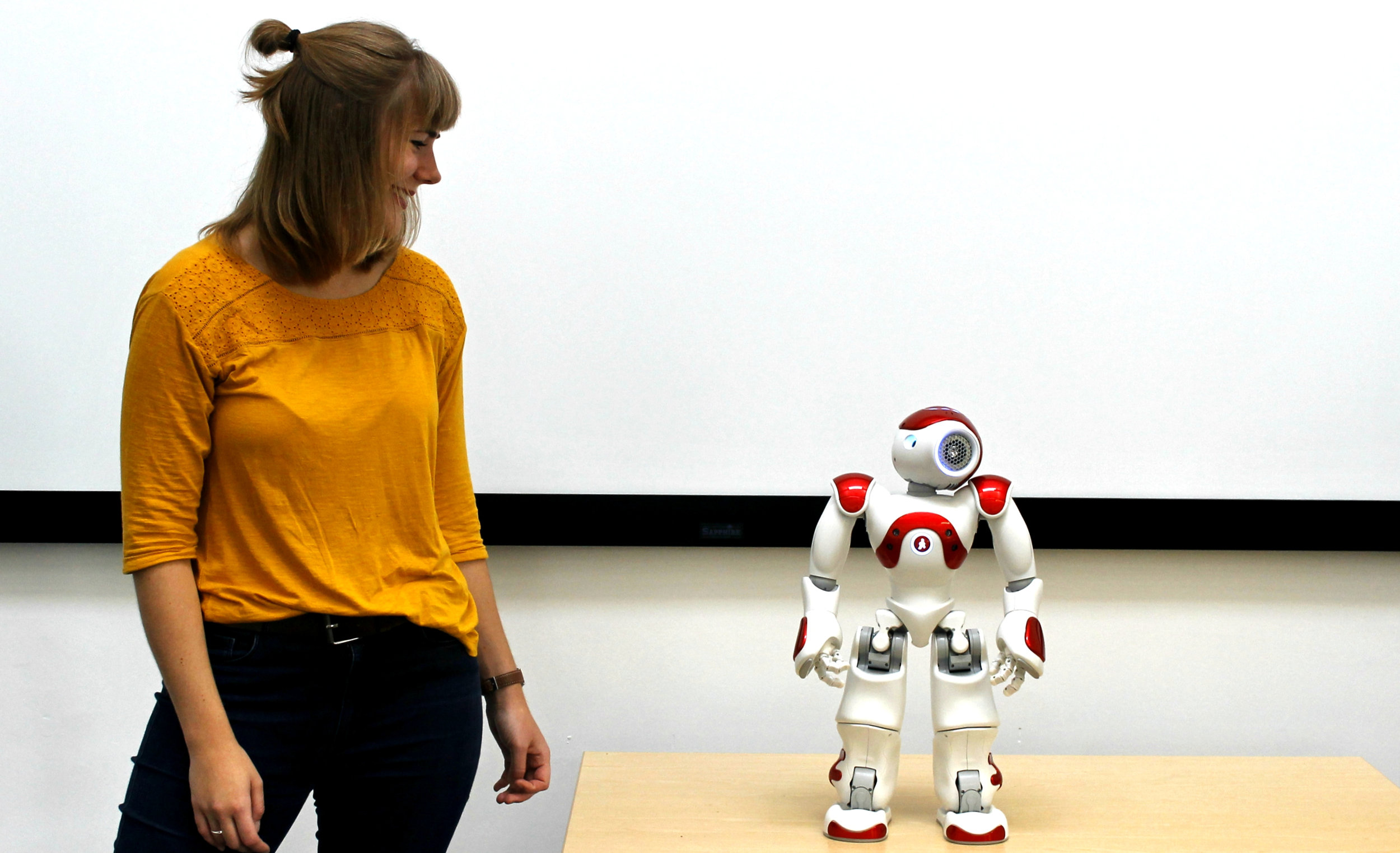Using Exercise to Motivate Your Research
Photo by Holger Link on Unsplash
Exercise has been a regular part of my life for as long as I can remember. I was in gymnastics for three years as a child and played basketball religiously from the ages of 6 to 15. I only ever started exercising on my own, just for myself, when I picked up running after quitting basketball, and for the past 10 years I’ve not been able to stop. I’ve always known that exercise, especially running, makes me feel better both physically and mentally. But it wasn’t until last year that I realised it also improved how I felt about my academic and research life.
It’s no secret that PGR life can be challenging . . . for a variety of reasons. The university makes mental health help awareness (especially for PGRs) a priority largely because of this. There’s a lot more that goes into PGR life than just research and writing and it can become all too easy to centre your life around your work and other responsibilities and forget to take time for yourself. As a perfectionist, an avid worrier and a person with constant impostor syndrome, I understand this very well. That’s why exercise in any form is a must for my well-being.
Photo by Stage 7 Photography on Unsplash
Of course, I understand that exercise isn’t for everyone and sometimes isn’t even an option. There are many activities outside of exercise researchers can look into that offer similar well-being benefits. But for those of you who do exercise or who want to start but aren’t quite sure, you might be interested in knowing that exercise has proven to be, among other things, a brain stimulate.
I can attest to this first hand. When I was working on my master’s dissertation last summer, I reached a major slump about two months before my deadline. Though I had spent most of the year up to that point training for a half-marathon, I took a break from running once the race was over and therefore no longer had a disciplined schedule to keep me on track in my daily life. I was going to the library every day, but I spent most of my time procrastinating and researching things that had nothing to do with my work (hello, Avengers’ fan theories!). During this time one of my friends asked if I’d join her at the gym, and, because I was staying in university accommodation and had free access to the university gym, I agreed. Before I even knew what was happening, I found myself going to the gym or running at least four days a week, and I found working on my dissertation much easier and less stressful than before. My exercise routine gave my days a much needed structure and helped me release the frustration and stress I sometimes felt toward or about my research in a healthy, productive manner.
Photo by Lesly Juarez on Unsplash
In no way am I always happy and eager to drag myself outside for a run or to the gym, but I am always much more content with myself and my work when I’m consistently paying attention to my body’s needs. It’s important to remember, though, that what each person’s body needs or will react well to is absolutely dependent on the person. I am a runner. I thrive off of races and personal records, and so running always improves my mood and focus. However, most of the people in my life are decidedly not runners. Their needs for well-being lie in different areas: daily walks, hiking, swimming, meditation, etc. It can be counterproductive for someone to engage in another person’s preferred form of exercise if it just makes them miserable.
What I’m trying to say is: definitely do what makes you happy. Don’t skip the dessert (I never do) and don’t fall for the traps of fad diets and unhealthy workout plans. But also don’t sacrifice your mental and physical well-being for the sake of your degree, because, above all, you are what makes your research and work unique.
If you’re looking for a way to stay healthy while also making new friends, check out the PGR Gardening Team and look out for annual PGRActive initiatives!


![[Image description: A person is running on a path past green grass and tress on a sunny, cloudless day.]](https://images.squarespace-cdn.com/content/v1/59ad2bbbc027d8c39a2cdbd3/1552469911048-2R429M45VD12A2PG67R6/image-asset.jpeg)
![[Image description: ‘Mindfulness’ is written in cursive on a piece of white paper that is propped on a windowsill.]](https://images.squarespace-cdn.com/content/v1/59ad2bbbc027d8c39a2cdbd3/1552470518864-12SCO1QYQ6DVYSYC0FKR/image-asset.jpeg)

